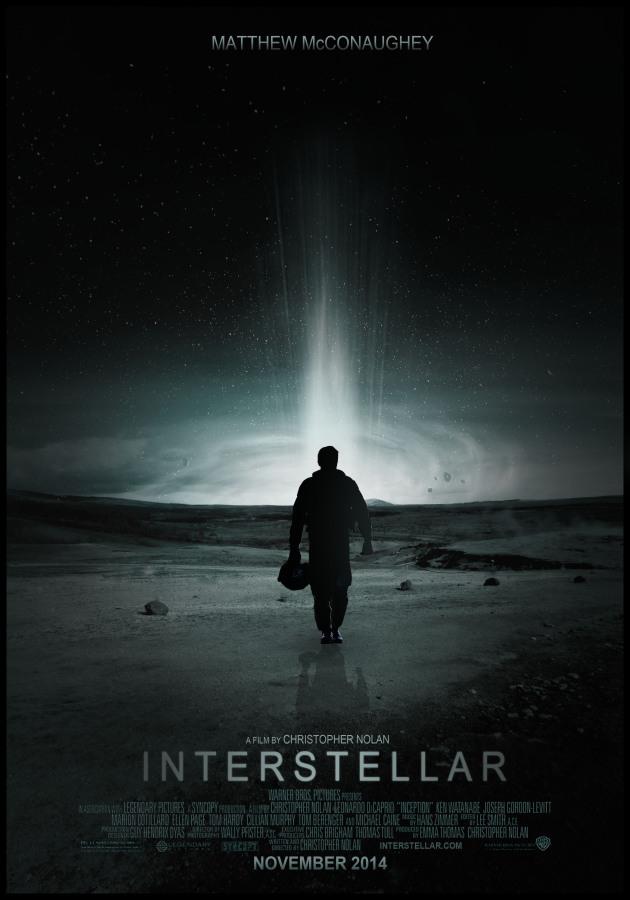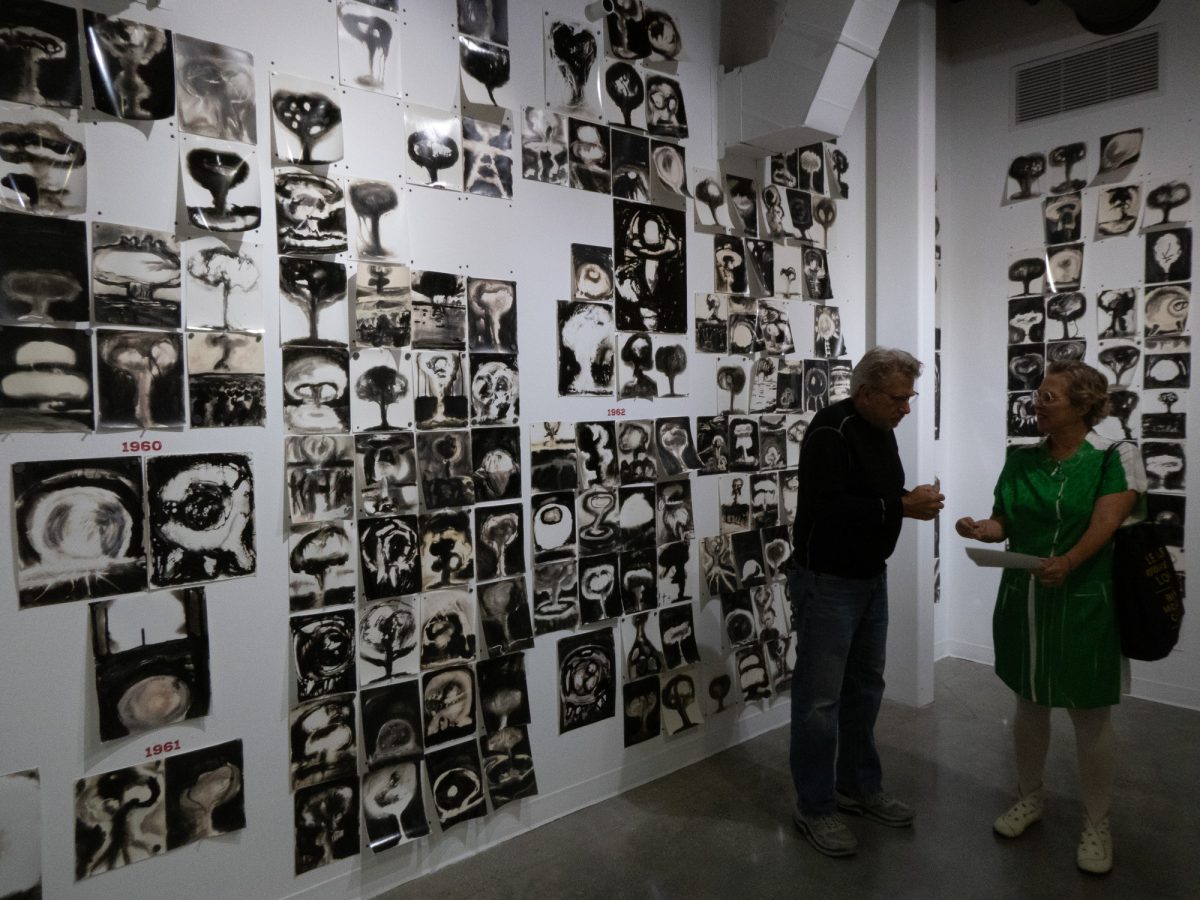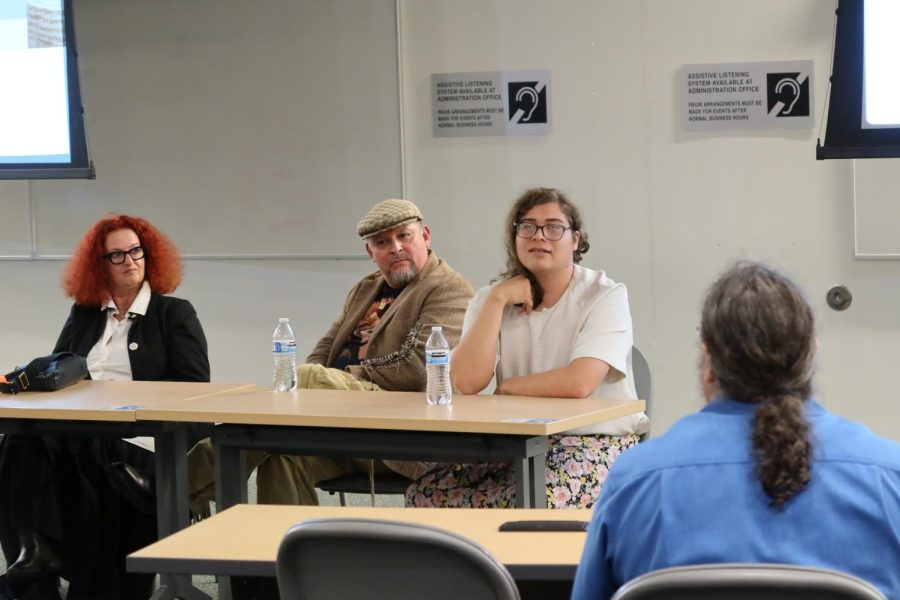“Mankind was born on Earth. It was never meant to die here.”
So was said by Matthew McConaughey’s character, Cooper, an engineer turned farmer in Christopher Nolan’s Interstellar, which premiered Nov. 5.
The premise of Interstellar is that in the not-too-far future, Earth is no longer able to sustain the immense human population, and as a result of a strange ecological phenomenon, termed “blight,” kills off entire species of crops into extinction.
Society has regressed into an agrarian society, with focus on science, math and engineering almost non-existent.
Through a bizarre series of events, Cooper and his young daughter, Murph, find a secret NASA base, still working on saving the Earth by finding habitable planets through a mysterious wormhole near Saturn.
Interstellar has to be commended on its outstanding use of real life science. The use of Einstein’s theory of relativity, time dilation, gravity and space travel are easy to understand and does not hit the audience over the head with these concepts.
It also wins a few bonus points for making a few nods to Arthur C. Clarke’s 2001: A Space Odyssey through the dialogue between the explorer team and its robot co-pilot.
The similarities don’t end there. The movie’s soundtrack seemed to fit every moment, tailored perfectly. Every swell in the soundtrack, every crescendo and decrescendo. It is at times hauntingly frightful, as it captures the loneliness, the danger and the promise of outer space.
Another small thing that the movie used effectively was silence.
See, sound doesn’t carry in space, so there will be scenes were something noisy is happening inside the team’s ship, and all of a sudden silence because the team is outside where it’s a vacuum. It’s such a small observance of real life science, but it proves effective.
With the exception of few characters, most of you can sympathize with and care about. They were, for the most part, well written and memorable. The small twists and decisions keep you surprised.
Like any movie, is still suffers from some minor problems. For example, one of the characters, Cooper’s son, an adult by the time of the movie’s climax, does a complete 180 from a simple, almost apathetic farmer to an abusive asshole in a span of 20 minutes.
Anne Hathaway’s character, astrophysicist Dr. Brand, also does a few uncharacteristic things, such as voting to go to one habitable planet because love. No, seriously, because love. It happens that her lover, another scientist, who was sent on a previous expedition, was on that planet and was voting to use the last of the fuel to go there.
Some of the movie’s major plot points hang on things like that; uncharacteristic to the plot and setup of the movie.
Overall, the movie’s plot and twists more than make up for those few blemishes. The story is so engaging that you won’t notice that the movie is almost three hours long.
This movie might stand as a staple in science-fiction films and has more than certainly set the new standard.










